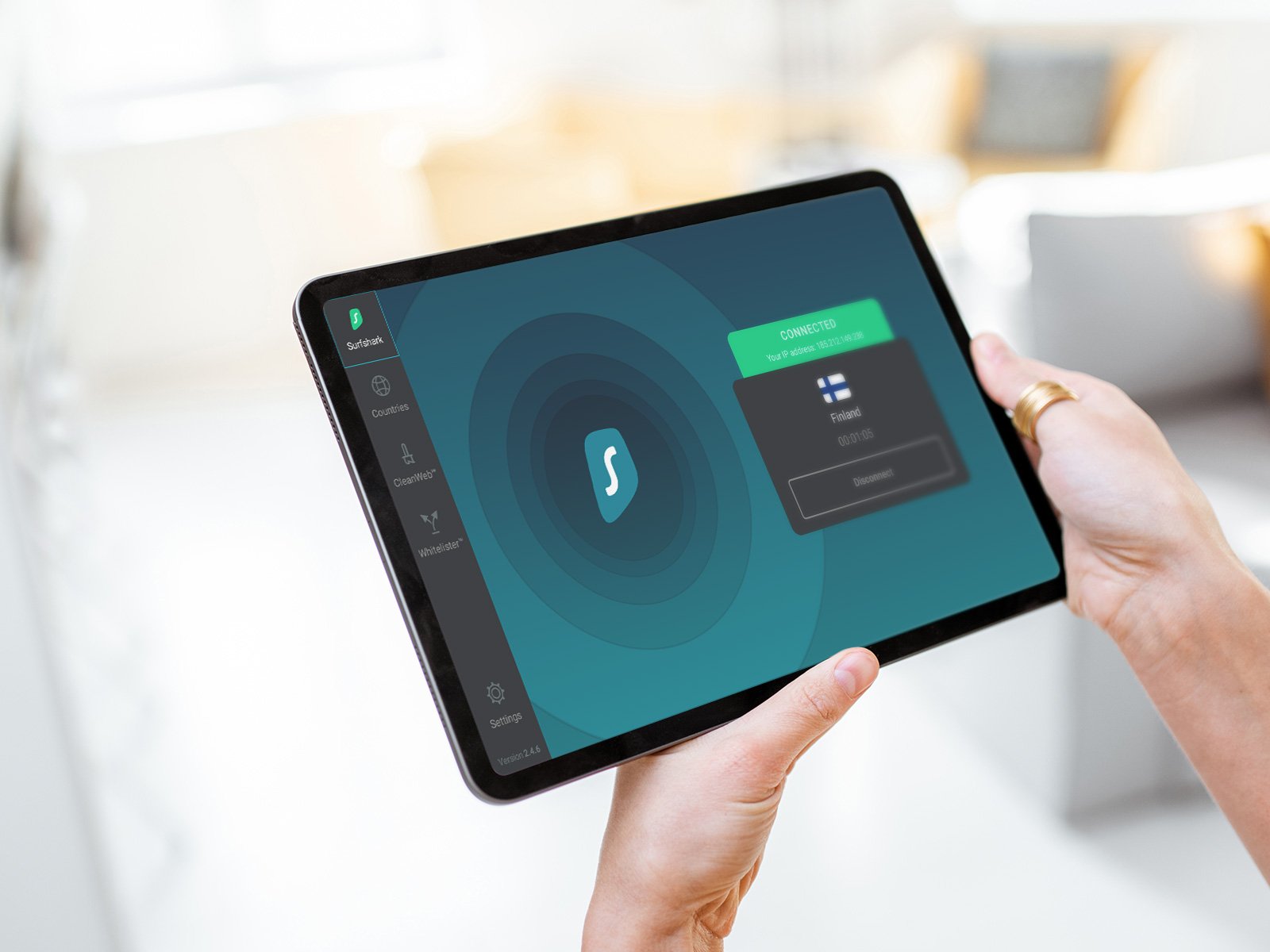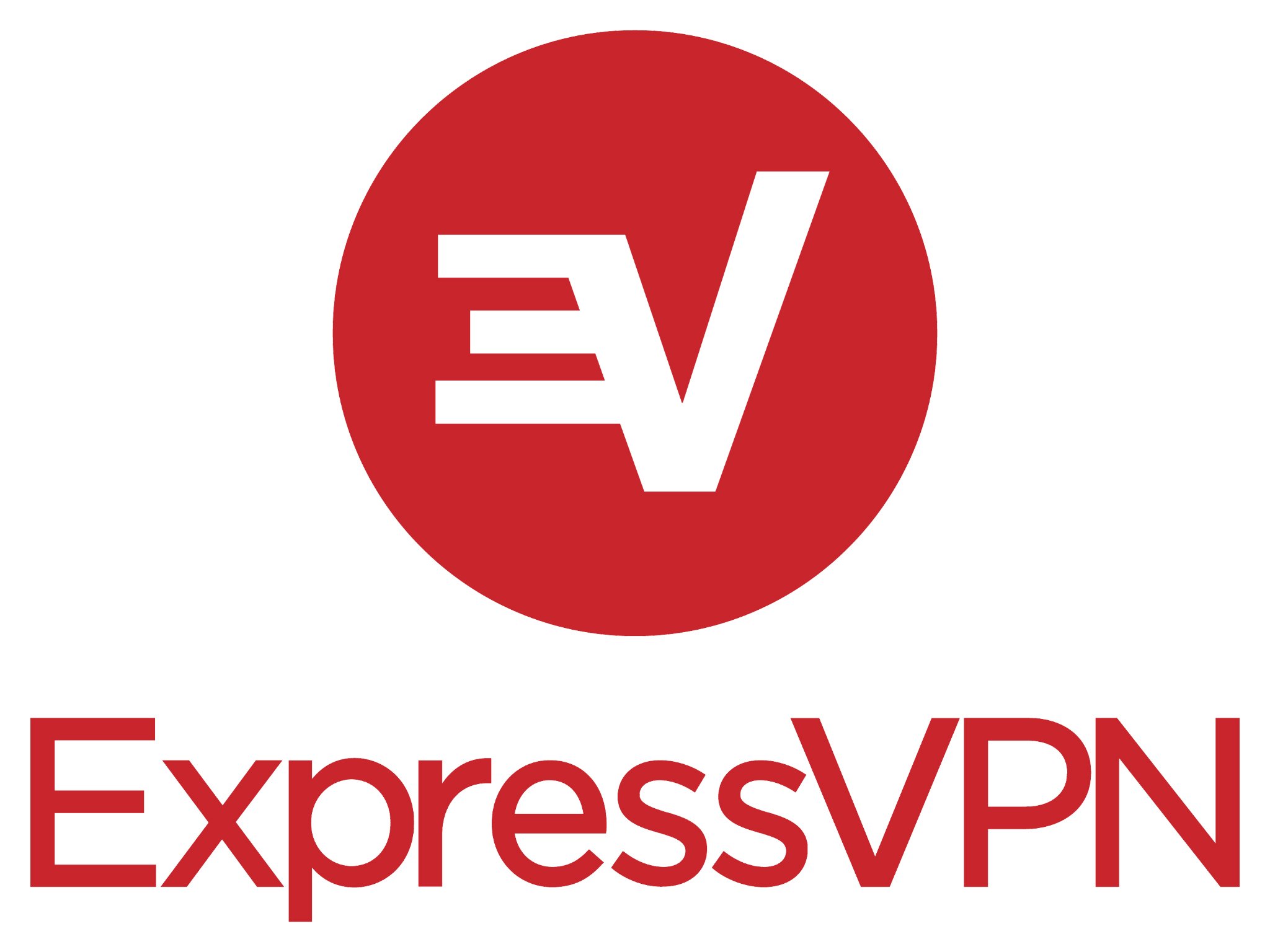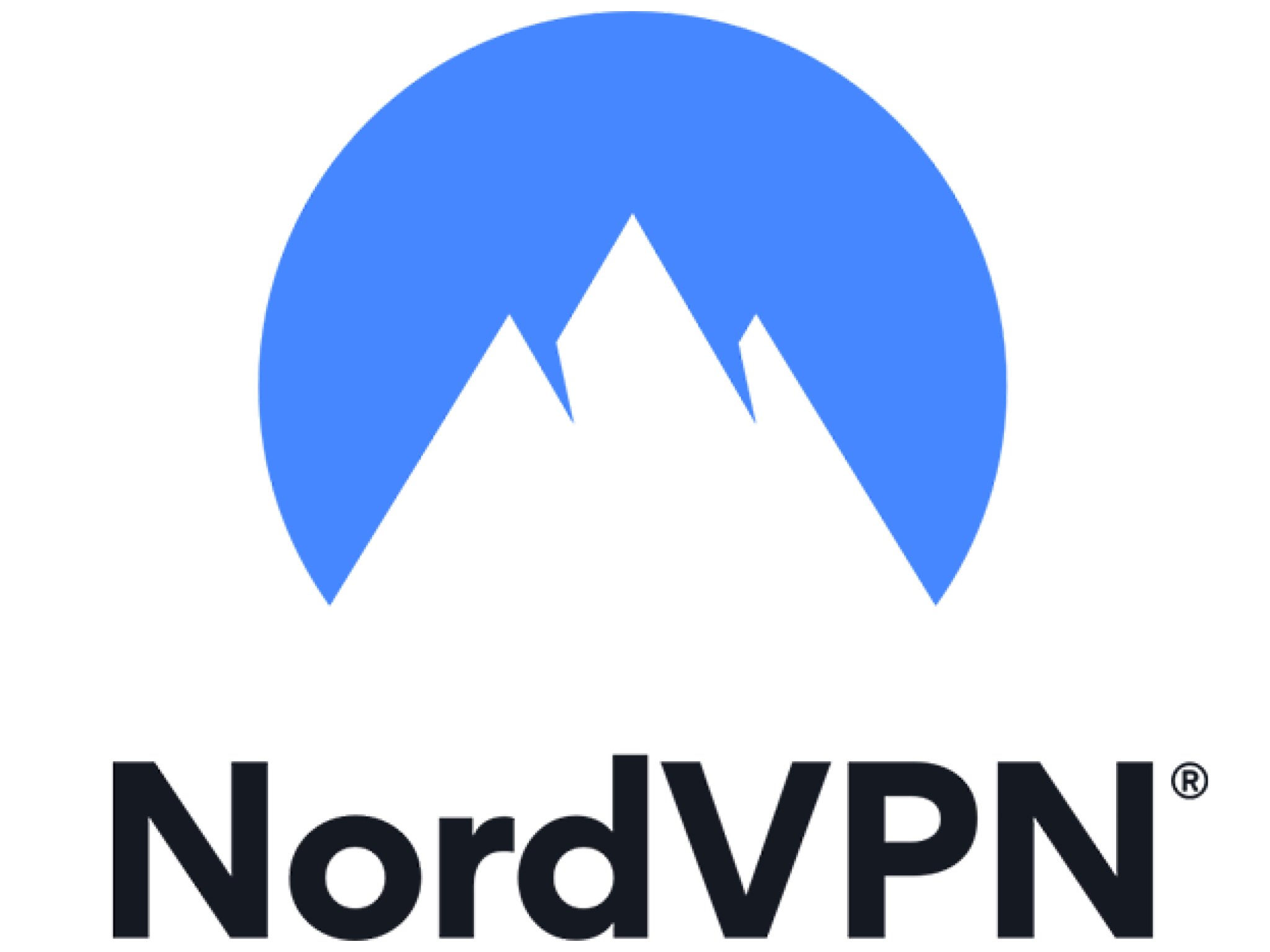Do you need a VPN with a dedicated IP?

Virtual private networks typically use dynamic internet protocol addresses due to factors like cost and efficiency, but these can be problematic because they're subject to change and allocated to all users.
For anyone who wants their VPN to be as secure as possible and get the best possible online experience, there is an alternative to dynamic IP addresses: dedicated IP. In this article, we explain what dedicated IPs are, what they do, how they benefit users, and which of the best VPNs offer them.
What is a dedicated IP?
If you sign up for a VPN with a dedicated IP, you'll be provided with a distinct internet protocol address that nobody else can use, that never changes, and that is also different from your actual IP address.
On the other hand, people who don't have a dedicated IP will end up using the IP address that has been designated to the VPN server they've connected to. This isn't unique and will also be allocated to anyone else accessing the same server.
Dedicated IP addresses work differently in comparison to dynamic IP addresses. Because they're static, unique, and assigned to a single user, only your internet traffic will be routed through the address (and nobody else's). So when you connect to different VPN servers, you won't have the same IP address as other users.
Why do you need a VPN with a dedicated IP?
Downloading a VPN with a dedicated IP has a number of advantages. Firstly, internet service providers and websites will find it harder to notice if a VPN is being used. When ISPs and content providers detect VPN usage, they usually blacklist users.
If a VPN provider uses dynamic IP addresses, you're more likely to be blacklisted as ISPs and websites may question why so many people are connecting via the same IP address. By accessing websites via a dedicated IP address, you'll protect yourself from being blacklisted because this address can't be used by anyone else.
Be an expert in 5 minutes
Get the latest news from Android Central, your trusted companion in the world of Android
Another benefit of using a dedicated IP is that you'll have the same IP address every time you connect to a VPN server and browse the web. This is important because many websites look at IP addresses as part of their user verification processes and can restrict user access if they see that your IP address keeps changing. But because dedicated IP addresses don't change, you won't experience log-in issues and need to keep answering captchas.
Dedicated IP addresses have security and privacy benefits, too. If you use a VPN without a dedicated IP for emails, online banking, and other sensitive activities, there's a risk of cybercriminals getting hold of your personal data and hard-earned cash. By using a dedicated IP, you won't be exposed to hackers and will be more secure online.
Which VPNs provide dedicated IPs?
When it comes to finding a VPN that offers dedicated IP addresses, there are plenty of choices available. VPN providers like Surfshark, NordVPN, CyberGhost, PureVPN, Windscribe, Ivacy, TorGuard, Trust.Zone, and VPNArea will enable you to use a dedicated IP address.
Out of all these services, Surfshark, NordVPN, and CyberGhost have been featured in many of our top VPN lists. Therefore, they're definitely worth considering if you want a dedicated IP address.
Is there anything else you should consider when choosing a VPN with a dedicated IP? Yes, you'll also want access to lots of servers, the ability to unblock popular websites, impressive speeds, robust security, user-friendly apps, affordable prices, and more. When these things are combined with dedicated IPs, you'll have a very capable VPN.

This is our top pick for anyone looking to get started with a VPN. It offers a great mix of speed, reliability, outstanding customer service, and affordability. There is a 30-day money-back guarantee, so give it a shot today.
We test and review VPN services in the context of legal recreational uses. For example:
1. Accessing a service from another country (subject to the terms and conditions of that service).
2. Protecting your online security and strengthening your online privacy when abroad.
We do not support or condone the illegal or malicious use of VPN services. Consuming pirated content that is paid-for is neither endorsed nor approved by Future Publishing.



